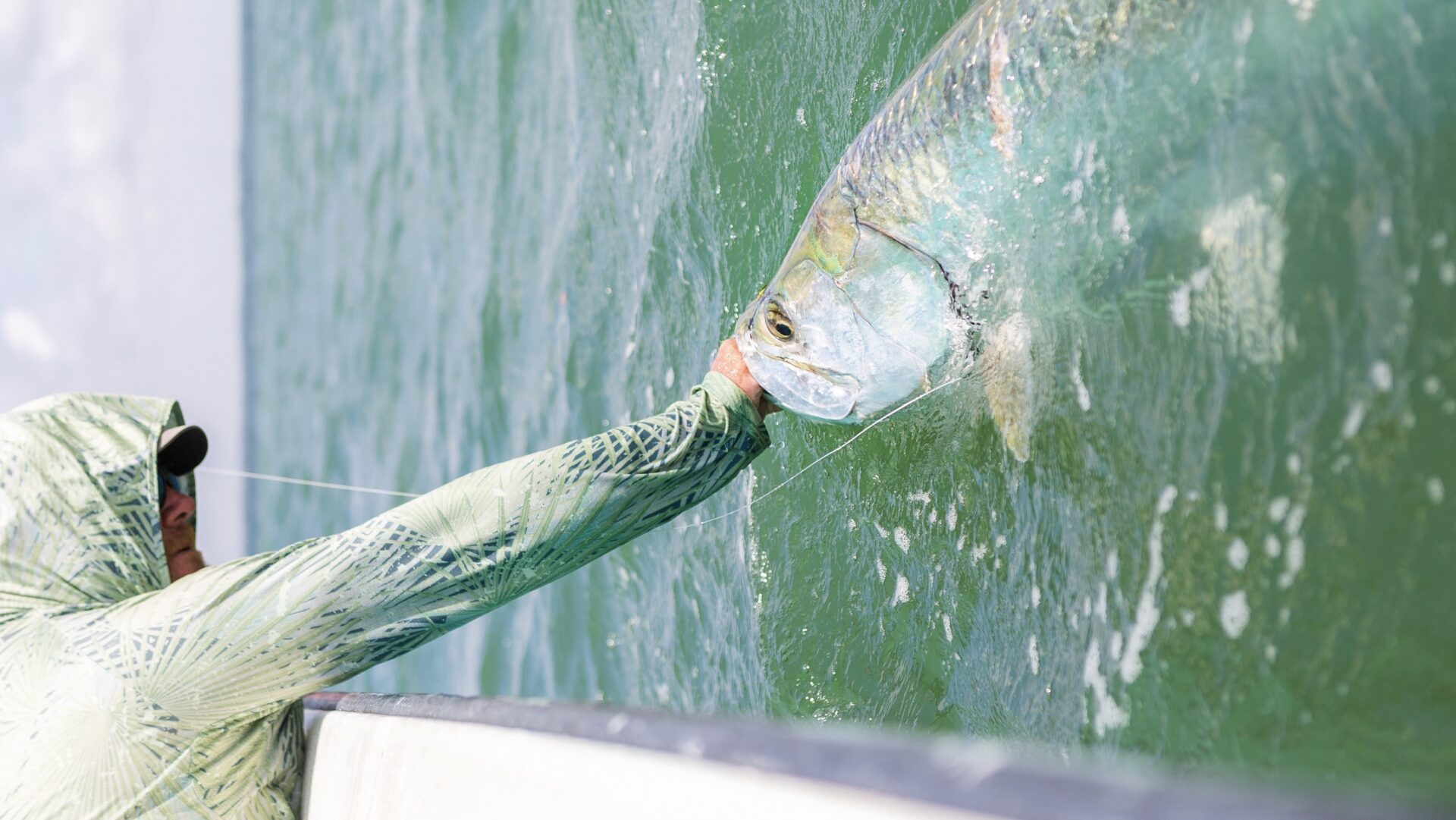Technology has come a long way over the years and has drastically affected every aspect of our lives. We have gone from 8 tracks to I-pods, from using maps to “googleing” directions, and from sending telegrams to speaking on cell phones. Same is true of the boating and fishing world. Boaters now have on board sonar to monitor real-time weather, they have fish finders to help them find their fishing grounds, and they now have GPS and chart plotters with maps to ensure they do not get lost. Even though technology has stretched our limitations and possibilities, it has also made us become dependent of it, so dependent that we can easily find ourselves in a bad situation if the technology we depended on was to fail.
I have learned this lesson the hard way one afternoon when I decided to go fishing in dense fog with Russ, a fishing buddy of mine. Because my GPS had the charts and the maps of the coastal region we were fishing, I felt very comfortable making the 2 mile trip through open water to the islands we intended to fish.
I finished unloading my kayak, turned on my GPS, marked the launch location and started paddling. At the two thirds of the way there I tried contacting Russ through my radio but there was no answer. I pulled my phone out of the dry box and gave him a call and found out that he had forgotten his radio at home, had arrived an hour earlier, and was probably north of my location.
I put my phone away, checked my GPS to make sure I was on the right course, and continued paddling. I could see the silhouette of land begin to appear 25 yds in front of me and was happy that I had arrived at my location so I could finally start fishing. I looked down at my GPS find out where exactly I was and noticed a blinking light on the upper right hand corner of the screen. It was the battery indicator telling me I was almost out of batteries. I looked back to see if I could spot the glow of lights in the distance but darkness was all I could see. “Must have forgotten to charge my batteries” I thought, and this really sucked. I turned off my GPS and gave Russ a call to let him know what the situation was.
We decided that it would be best to try to meet up and venture the trip back to shore together. Since I was in the southern part of the island, turn on my headlight and stay put, and Russ would turn on his headlight and head south.
I made a few casts as I waited and ended up catching a couple nice trout. Then I got a call from Russ saying that he ran out of shoreline. Somehow we passed each other and didn’t even notice! I knew visibility was bad but I never realized it was that bad. I said “oh well”, and decided to make the paddle back. I looked around to try to get my bearings. I noticed that it was a half moon and that the half was pointing south east. I could barely see the moon but it would be enough of guidance to make sure I was headed in the right direction. So using the moon as a reference I started my paddle back I tried turning my GPS on when I thought I was at least half way there, but it died before it could finish powering up.
I continued paddling using only the moon and started seeing the glow of lights from the shoreline. I sighed with relief as I continued paddling to the shoreline. Once I was near I started fishing my way back up to the launch. With the launch in sight I spotted Russ making his way to the shoreline. With our gear loaded up we started to discuss everything that went wrong. Fortunately this happened to us in the best of locations. The outcome of the trip would have been much different in the backcountry, or in a location that we didn’t know as well.
In retrospect, I made many mistakes, in foggy conditions I should have had a compass as backup instead of relying solely of my GPS. Also, I should have charged my batteries before the trip, but I had fished there so many times without running into a fog that dense that I got careless. I should have had an extra set of batteries with me. I should have carried a small blow horn because the whistle I had on my life jacket was not loud enough. I should have checked the local forecast instead of only looking at the wind.
It was a good reminder to always be prepared, be cautious, and never get careless. In the end, it doesn’t matter if you spend time on the water in the boat or a kayak, you must treat your time on the water with the great caution and respect or it could cost you a night in the mangroves or more.
After that trip I have made an addition to what I always carry in my kayak, this is my current lists of “needs” that I don’t leave home without:
· Paddle (Yes! I have forgotten it at least 3 times before and not realized it until I get to the launch)
· Life Jacket
· Whistle
· VHF Radio
· Compass (New addition)
· GPS
· Dry Box
· Float Plan (Always let someone know where you are going, when, and when you will be back)
· Charged Cell Phone
· Extra Batteries (New addition)
· Small Air Horn (New addition)
· Fishing License
· Camera
· Headlight

